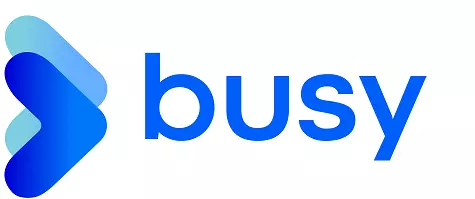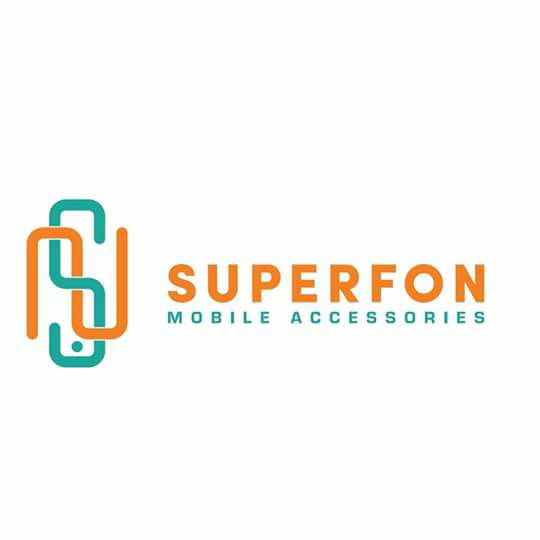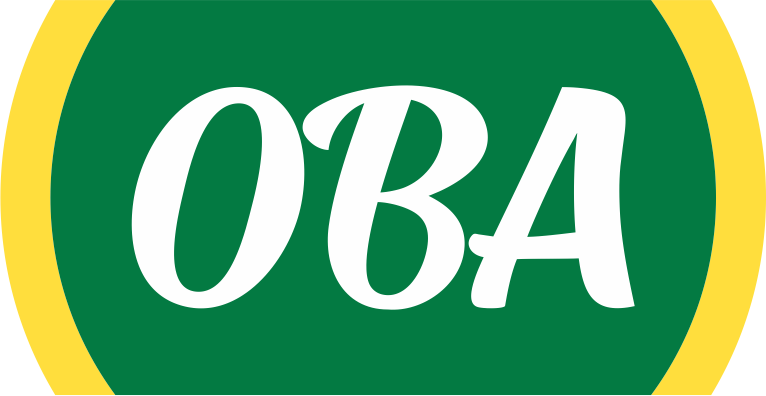Research consultancy services
- Oxfam GB Azerbaijan Representative office
-
Elanın qoyulma tarixi: 03.09.2013Vakansiyaya müraciət tarixi bitmişdir.
İşin təsviri
Request for Quotations (RFQ)
Research consultancy services
Research name: Cost benefit Analysis of Application of Modern Cultivation Technologies and Corresponding Business Model and Development Strategy for Smallholder Farmers
Contractor: Oxfam GB Azerbaijan Representative office
1. BACKGROUND AND RATIONALE
This research is to be held within the Sunrise Project – the Unilever and Oxfam GB partnership. Unilever and Oxfam GB are working in partnership to explore, develop and implement innovative smallholder based sourcing models, bringing together the development aims of Oxfam with the sustainable sourcing ambitions of Unilever and its suppliers.
The first of two projects under the partnership is now underway in Azerbaijan. The intention is to source dehydrated onion from an approved supplier who sources the raw material from smallholder farmers.
Our first feasibility study in 2009 found that onion production for dehydration from Azerbaijan was not currently internationally competitive, but that improving yields, lowering cost and removing inefficiencies from the production system could (a) give a final product that is competitive in price and quality; and (b) be profitable and attractive for farmers. This finding was based on cost models which themselves were based on un-validated assumptions for attainable yields, dry matter, farm production cost, drying cost, transport and export cost.
Now the project has gone through several crop cycles of test in practice, finding that the real cost of production could be reduced applying modern technologies and cultivation methods. Cost and quality of the raw material (fresh onions) are the main determinant of finished product quality and price. The held crop trials with application of modern technologies, mainly pneumatic seed sawing machinery and fertilizer regimes have greatly improved the yield and dry matter content of the crop. However, there are still costs such as for wage workers engaged mainly for weeding and crop collection, hold one of the main part of the cost stuck of the production. Traditional cultivation and irrigation methods, as well as water scarcity and lack of proper producer groups create great obstacles for vegetable growers causing high production cost, low productivity, and sometimes complete crop failure. Moreover, lack of proper marketing knowledge and tools keep farmers from building long-term marketing and business development strategies. The most outstanding problems and their consequences at the production level can be classified as following:
Lack of using modern pneumatic seed sawing machinery: inefficient use of soil and excessive use of seeds; high cost versus low output;
Lack of drip irrigation and use of flood irrigation: inefficient use of water resources increasing water scarcity; soil erosion and demolished germination and yield; excessive growth of weeds, influencing yield and size of crop and unavoidable engagement of wage workers:
Lack of laboratory analysis and wrong application of fertilizers: lower yield and smaller size of crops, damage of soil fertility, and excessive growth of weeds
Lack of producer organizations with storing and marketing assets and limited access to financial resources: extra overhead costs per producer, limited access to extension services, financial resources, and markets;
These problems have various dimensions in various levels. Some exist due to lack of education, some due to insufficiency in legislation and policies, and some due to low enforcement of existing rules. In order to reach a comprehensive and sustainable solution to these problems Oxfam has carried out number of activities including development and application of modern cultivation methods as well as started cooperation movement both in grass-root and legislation levels and have reached positive outcomes paving path for great potential for smallholder farmers to improve their productivity and hence increase income level and standards of life. As the follow-up of the activities, it is proposed to develop a business model for groups of producers holding cost benefit analysis and long-term development strategies of applying modern technologies including modern machinery and drip irrigation, research pros and cons of using modern technologies and working in groups as a means for better access to production resources, including financial resources, machinery, drip irrigation services, extension services, and markets.
AUDIENCE AND USE OF REPORT
The research report will be used by the livelihoods team to outline an advocacy strategy and operational plan within the Sunrise/SMART projects.
RESEARCH OBJECTIVES
To develop a commercially viable and environmentally friendly business model aiming to produce a comprehensive guidance document to support the intervention of new stakeholders in the dried onion value chain, including:
cost benefit analysis and long-term business development strategies for small holder farmers individually and in groups;
comparative analysis on application of modern cultivation methods, including modern machinery, installation of drip irrigation systems, laboratory services, and application of various marketing tools as well as using different favourable microfinance packages that will serve as a tool for Oxfam to instruct farmers and farmer groups on ways of succeeding profitable businesses showing them the clear projection of potential pathways of their actions.
Project start and end dates: 20th of September and 15th of October 2013 (in total 26 days)
SUGGESTED RESEARCH METHODS
1 To identify and review existing researches by Oxfam/other INGOS/state, relevant legislation and policies;
2 To identify and interview concerned players including agricultural experts and authorities;
3 To hold midterm research review with the Project team;
4 To hold joint discussion of the final product to add final additions.
STYLE AND LENGTH OF REPORT
• Cover page
• Content page
• List of abbreviations (Glossary)
• Scope and introduction to the report
• 6-8 Executive Summary/Recommendations (including methodology)
• 9-30 Full report (cost-benefit analysis, major findings and their analysis, strategy outlines)
• 31-32 Conclusion and recommendations for the future interventions
• Annexes
In total 35 pages (from cover to cover)
A formal debrief power point presentation of the findings to be presented to the staff and senior management team and to be used by the team to present to key stakeholders.
8. TIMETABLE OUTPUTS DATE DUE FORMAT
1. Initial research and analysis 13 days Word document
2. Midterm review 5 days Joint meeting/discussions
3. Final analysis and recommendations 5 days Word document
4. Final discussion and correction 3 days Joint meeting/discussions/word document
QUALIFICATIONS AND EXPERIENCE REQUIREMENTS
• Higher education in economy, financial analysis, agriculture;
• Experience of holding cost-benefit analysis, development of business models and strategies;
• Knowledge of research techniques and methodologies;
• Minimum 5 years of professional experience in subject related projects and research groups;
• Good professional and theoretical knowledge of the local contextual problems and root causes related to the research subject;
• Strong analytical and reporting skills;
• Excellent communication and interviewing skills at different levels;
• Fluency in written and spoken Azerbaijani and English. Any Russian is an asset.
STUDY DOCUMENTS FOR RESEARCHER
• Full Proposal of the project;
• Demonstration plot reports;
• Economic Feasibility studies from farmer and processor perspectives;
• Midterm learning reviews;
• External learning review reports;
• Policy papers and survey findings;
• Advocacy strategy with problem review;
• Other documents and materials related to the outcome of the research.
PAYMENT
The contract will be issued as a sub contract by Oxfam GB following submission and acceptance of the related documents and reports by Oxfam GB.
The payments will be issued on the basis of delivered results and after respective acceptance by the Project Manager.
SUBMISSION
Offers must be received no later than 17:00 pm, on Monday, 16 September 2013 by email. All offers must be emailed to Ms. Ramila Aslanova, [email protected]; Sunrise Project Coordinator.
The following documents are required to be submitted along with the offer:
• Up to date CV and a one page cover letter (including the titles of relevant researches and studies)
• One page methodology including potential evaluation criteria
• Costing based upon the indicative work plan.






